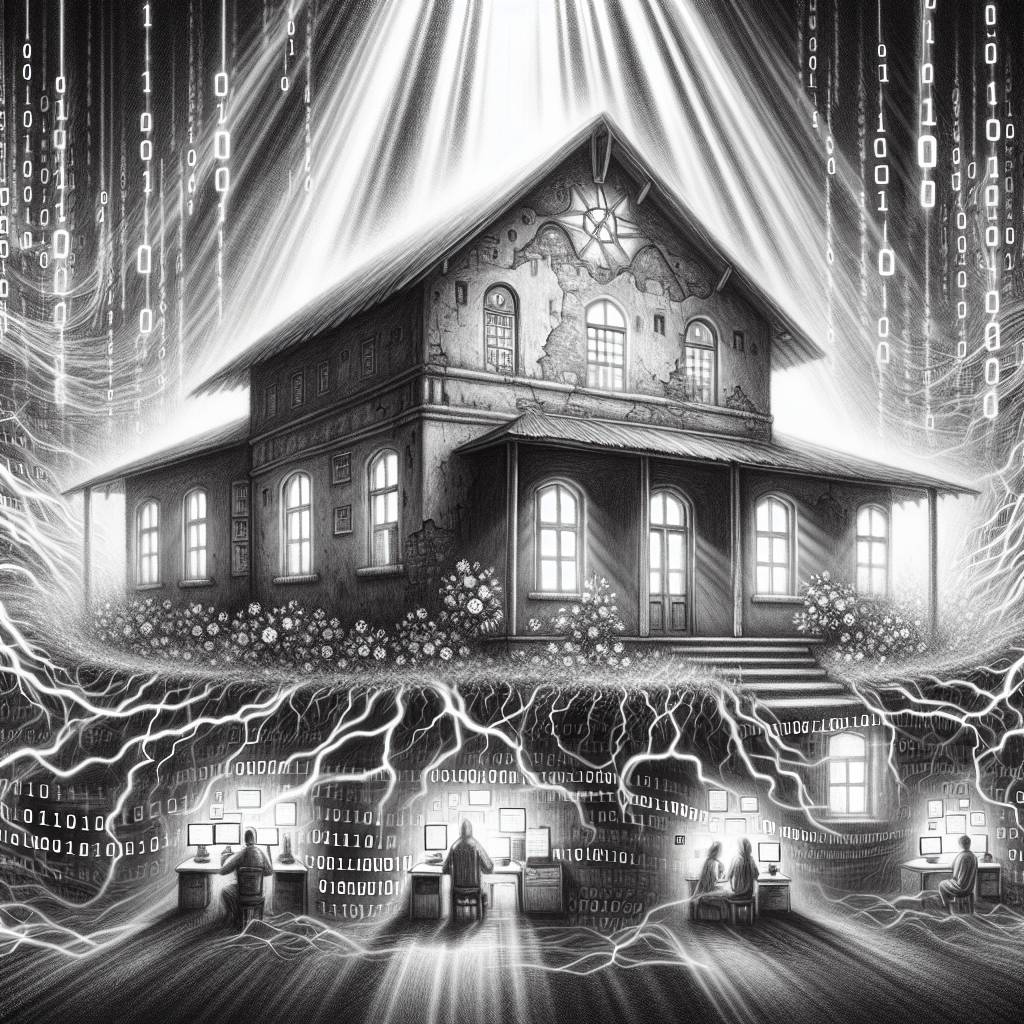Rural Hospitals Under Siege: Cybersecurity Crisis or Comedic Tragedy?
Microsoft reckons it will take over $75 million to improve cybersecurity for rural US hospitals. With 93% of cyber threats coming from phishing and ransomware, these hospitals are hackers’ favorite playground. If hospitals don’t get the necessary funds, they might need to issue a “please-hold-your-heart-attack” advisory.

Hot Take:
When it comes to cybersecurity, rural hospitals are like the neglected middle child of the healthcare family. They’re there, they’re important, but they often get overlooked until something really goes wrong. With a price tag of up to $75 million to secure these facilities, it’s like trying to buy a safety net made out of gold thread—expensive but necessary. Maybe it’s time to start a “Save the Rural Hospitals” fundraiser? All proceeds go to keeping hackers out and keeping patients alive!
Key Points:
- Rural hospitals are prime targets for cyberattacks, with 93% of malicious activities stemming from phishing and ransomware.
- Cybersecurity enhancements for rural hospitals could cost between $70 million and $75 million, with Microsoft estimating $30,000 to $40,000 per hospital for basic measures.
- Cyberattacks threaten patient safety, with increased mortality rates and the need for patients to travel further for care.
- Rural hospitals serve 14% of the US population but face financial and operational challenges, causing many to close.
- Better education and awareness about the consequences of cyber breaches are needed to drive meaningful change in the healthcare sector.
Rural Hospitals: The Cybersecurity Underdogs
Rural hospitals are the underdogs of the healthcare world. They’re small, often underfunded, and tend to be overlooked when it comes to cybersecurity. With Microsoft estimating a whopping $75 million needed to bring these hospitals up to basic security standards, it’s like trying to soup up a vintage car when all you have is a budget for a scooter. The stakes are high, as these facilities are what stand between life and death for millions of Americans.
Cybercriminals: The Unwanted Guests
Cybercriminals love a good challenge, and rural hospitals are their favorite playground. With phishing and ransomware attacks on the rise, these hospitals are like sitting ducks. When a cyberattack hits, it’s not just about stolen data; it’s about lives. Microsoft research shows that 20% of hospitals experience increased mortality rates post-attack. It’s like inviting a vampire into your home—you knew it was a bad idea, but now you’re paying the (ultimate) price.
The Price of Safety: A Million-Dollar Dilemma
Ensuring the cybersecurity of rural hospitals might cost a pretty penny—somewhere between $70 million and $75 million, to be exact. Microsoft suggests that with a $30,000 to $40,000 investment per hospital, basic defenses like MFA and identity management could be implemented. It’s like buying a security system for your house but finding out your neighbor’s house is a giant magnet for burglars. The collective effort to secure all facilities is a mammoth task that requires not just money but collaboration between policymakers and all stakeholders involved.
Rural Hospitals: A Dying Breed?
With rural hospitals closing faster than a flash sale on Black Friday, patient outcomes are impacted significantly. Imagine having to travel an extra 20 miles for a check-up or 40 miles for specialized care—it’s not just inconvenient; it can be life-threatening. These hospitals are facing a financial crunch, having to do more with less while constantly being under cyber siege. It’s like trying to win a marathon while dragging a ball and chain.
Hope on the Horizon: The Education Solution
One potential remedy? Education! No, not the kind that comes with a $100,000 student loan, but awareness training that makes staff understand the gravity of cyber threats. Experts argue that knowing the real-world consequences of a cyber breach could prompt action. Imagine a food supplier getting hacked and causing empty shelves across the UK—these are the stories that could drive change. It’s like watching a horror movie and then deciding to sleep with the lights on; sometimes, a little fear is all the motivation you need.
In conclusion, the cybersecurity woes of rural hospitals in the US are a glaring reminder of how vulnerable the healthcare sector can be. With millions on the line and lives at risk, it’s high time to bolster defenses, one security upgrade at a time. After all, nobody wants to be the main character in a cyber crime thriller unless, of course, you’re the hacker. And let’s be honest, nobody wants to be that guy.
